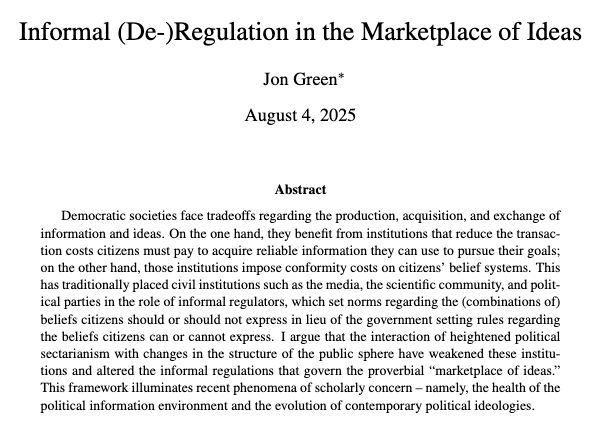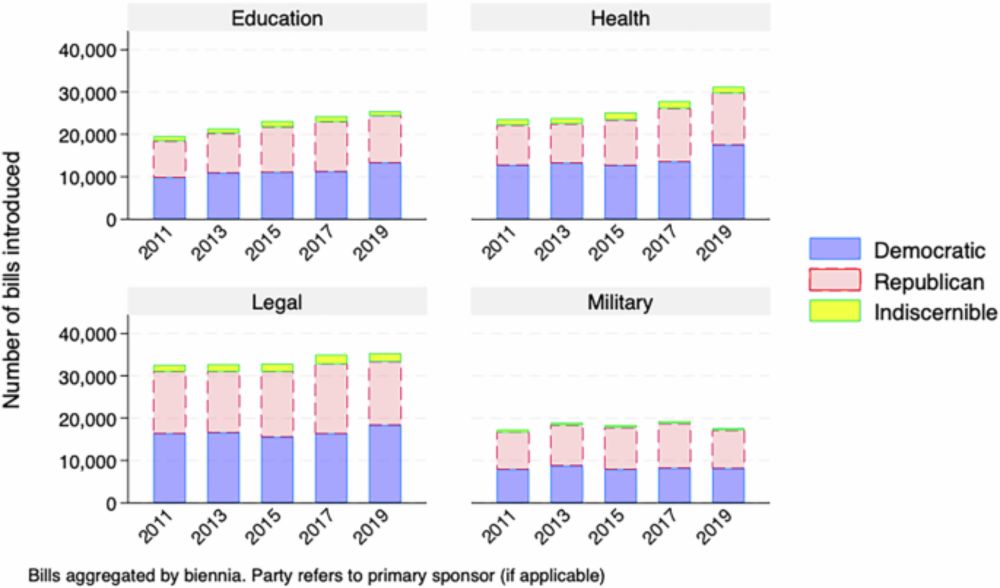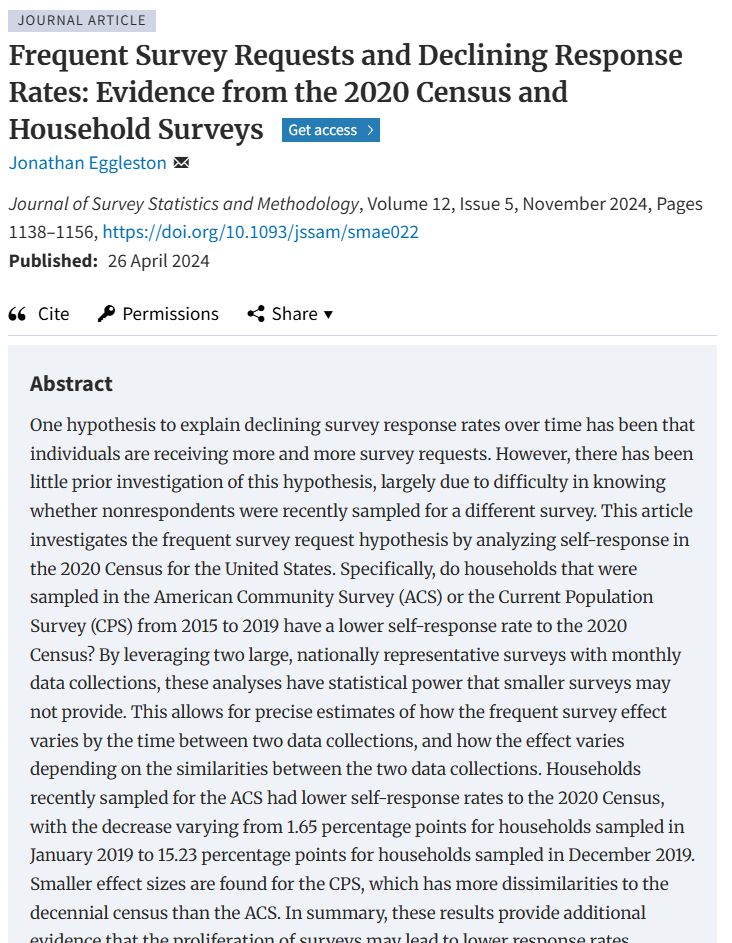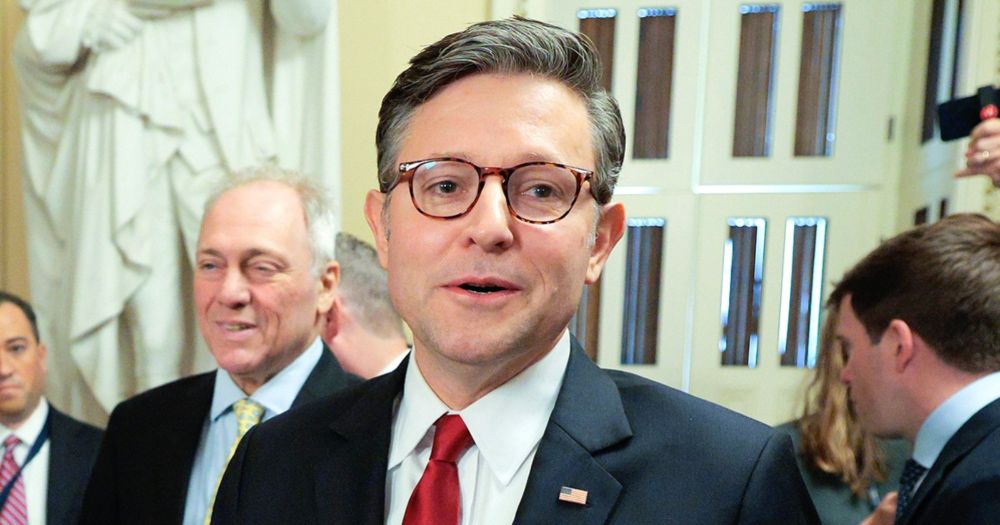



With current technology, it is impossible to tell whether survey respondents are real or bots. Among other things, makes it easy for bad actors to manipulate outcomes. No good news here for the future of online-based survey research

With current technology, it is impossible to tell whether survey respondents are real or bots. Among other things, makes it easy for bad actors to manipulate outcomes. No good news here for the future of online-based survey research
Deadline Oct. 22.
www.rapoportfamilyfoundation.com/phdgrant
Deadline Oct. 22.
www.rapoportfamilyfoundation.com/phdgrant
Our paper, FirstView at @politicalanalysis.bsky.social, tackles this question using browsing data from three U.S. samples (Facebook, YouGov, and Lucid):

Our paper, FirstView at @politicalanalysis.bsky.social, tackles this question using browsing data from three U.S. samples (Facebook, YouGov, and Lucid):


We’ve prepared a clear and concise visual program for the #PolComm division.
👉 Download the PDF and highlight the sessions you don’t want to miss:
shorturl.at/LVuuw

We’ve prepared a clear and concise visual program for the #PolComm division.
👉 Download the PDF and highlight the sessions you don’t want to miss:
shorturl.at/LVuuw
connect.apsanet.org/s42/newslett...

connect.apsanet.org/s42/newslett...
By @atrexler.com, @maraynam.bsky.social & Mallory E. SoRelle
Read more here: doi.org/10.1111/psj....
#PSJ #PolicyStudiesJournal



By @atrexler.com, @maraynam.bsky.social & Mallory E. SoRelle
Read more here: doi.org/10.1111/psj....
#PSJ #PolicyStudiesJournal
tl;dr: taking the "marketplace of ideas" metaphor seriously requires taking the nuances of actually-existing markets seriously, which means thinking about tradeoffs between transaction costs and conformity costs. applied to misinfo and ideological belief systems.

tl;dr: taking the "marketplace of ideas" metaphor seriously requires taking the nuances of actually-existing markets seriously, which means thinking about tradeoffs between transaction costs and conformity costs. applied to misinfo and ideological belief systems.


Here's why:
Here's why:

I am in the market for a new backpack. Do you have a (work) backpack that you love?
I have a North Face 'Hotshot' backpack that has served me faithfully for 10+ years but is finally wearing out, so I need to replace & want to consider options.
Some parameters:

I am in the market for a new backpack. Do you have a (work) backpack that you love?
I have a North Face 'Hotshot' backpack that has served me faithfully for 10+ years but is finally wearing out, so I need to replace & want to consider options.
Some parameters:
This year it feels especially poignant. A few passages that particularly stick with me today:

This year it feels especially poignant. A few passages that particularly stick with me today:
Final House vote is 218-214, with TWO Rs voting no (Massie & Fitzpatrick).
Senate passed it 51-50.
www.nbcnews.com/politics/con...

It's going to change quickly, but let's at least remember where we started.
today.yougov.com/politics/art...

It's going to change quickly, but let's at least remember where we started.
today.yougov.com/politics/art...
Sen. Alex Padilla is then forcibly removed!
(video shared by Padilla’s staff with Elex Michaelson of Fox LA and posted on X)
(video shared by Padilla’s staff with Elex Michaelson of Fox LA and posted on X)

